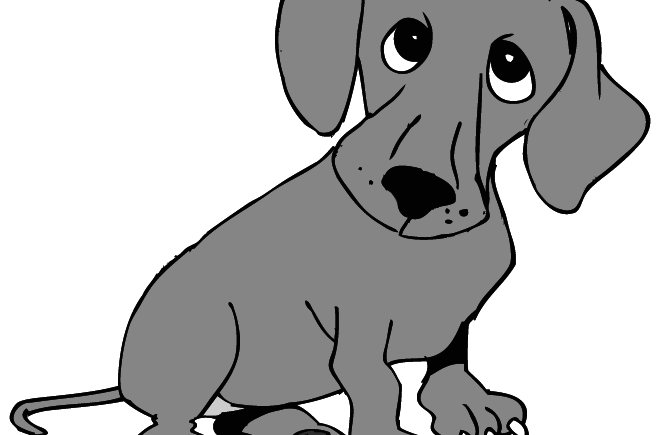Dog act noun an action seen as treacherous, cowardly or unacceptable.
THE STORY BEHIND THE WORD OF THE MONTH
The term dog act might bring to mind the idea of a performing dog circus act, dog control legislation or, if you are familiar with Australian English, a now defunct law that prohibited the sale of alcohol to people considered to be habitual drunks. However, in recent years dog act has developed a new sense in Australian English, meaning an action regarded as particularly unacceptable or treacherous.
The first evidence we have identified for the term dates from 2003 in a Sydney Daily Telegraph article: ‘He referred to the disappearance as a “dog act”, leaving his mother and four siblings to pick up the pieces.’ (23 July) The term quickly increased in usage. It is often found in relation to physical attacks that are considered to be cowardly (including in sporting contexts):
Geelong premiership skipper Cameron Ling has launched a blistering attack on Lindsay Thomas, labelling the Port Adelaide forward’s hit on Scott Selwood ‘a dog act’. … ‘Lindsay Thomas’ act was nowhere near courageous—it was cheap’, Ling said on 3AW radio on Sunday. … ‘When a player is down in the act of picking up the football and the bumper is coming front-on at him and just decides to bump him in the head straight-on … that’s the one that could put a bloke in hospital, could potentially break his neck and cause quadriplegia. That one, for me, is as outlawed and as cheap a shot as you can take on a footy field … that was a dog act.’ (Brisbane Times, 22 April 2018)
Dog act in this sense has clearly increased in usage in recent years. While most evidence suggests the term is used in reference to a cowardly action, it is also used to refer to something seen as a betrayal. Liberal MP Sue Hickey’s action in taking the role of Speaker in the Tasmanian parliament away from a colleague already earmarked for the job was seen as an act of disloyalty. One commentator called it a dog act:
‘It is a disloyal move. It’s a move in her interest, which now makes the Government seem more tentative than it seemed yesterday,’ Professor Crowley told ABC Hobart. Ms Hickey admitted after Tuesday’s developments a ‘few people were a bit grumpy’, which Professor Crowley said was entirely expected. ‘Honestly, this is a bit of a dog act from a member of a party against her leader.’ (ABC News, 2 May 2018)
Where does the term come from? As early evidence doesn’t appear until the 2000s, it is unlikely to have any relation to the historical Dog Act relating to alcohol. In Standard English, dog can be used as a term of abuse for a person, and in Australian English there is a specific sense of dog meaning ‘a person who betrays colleagues or changes allegiance’; it is chiefly found in the phrase to turn dog (on). Dog act probably evolved from this sense of dog, and may be reinforced by the Australian English sense of mongrel, ‘a term of contempt or abuse; a despicable person’.
Dog act will be considered for inclusion in the next edition of the Australian National Dictionary.
The Oxford Word of the Month is written by the team at the Australian National Dictionary Centre.
___________________________________________________________________________________________________________
Browse Oxford University Press’s range of dictionaries.

Leave a Reply